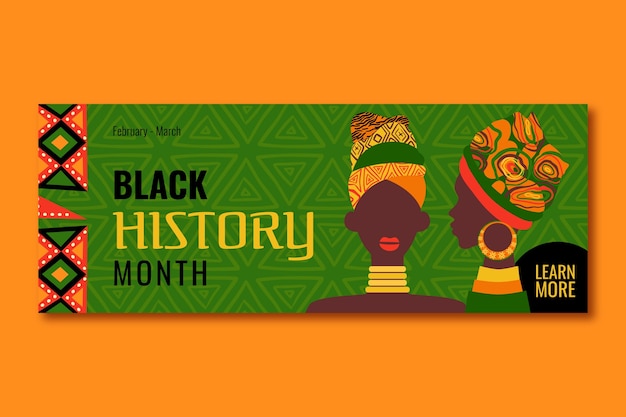Mali Empire Facts

The Mali Empire, located in West Africa, was one of the wealthiest and most powerful empires in history.
Mansa Musa, the most famous ruler of the Mali Empire, is often considered one of the richest individuals of all time.
The Mali Empire reached its height of power and influence during the 14th century.
Mali was known for its abundance of gold, which contributed greatly to its wealth.
The Mali Empire had a well-developed trading system, which allowed it to expand its influence across Africa and beyond.
The city of Timbuktu, located within the Mali Empire, was a center of learning and trade, attracting scholars and traders from all over the world.
The Mali Empire had a complex system of government, with a strong central authority and a hierarchy of regional administrators.
The Mali Empire was a Muslim state, with Islam playing a significant role in its culture and society.
The Mali Empire was known for its impressive architecture, with grand mosques and palaces reflecting its wealth and power.
Mali’s educational system was advanced for its time, with Timbuktu being a renowned center of Islamic learning.
The Mali Empire had a well-structured military, which allowed it to defend its territories and expand its influence.
The Mali Empire traded not only gold but also salt, ivory, and other valuable goods.
Mansa Musa’s famous pilgrimage to Mecca in 1324 brought Mali to the attention of the rest of the world.
Mali Empire Facts part 2
Mali’s wealth and power declined in the 15th century due to internal conflicts and external invasions.
The Mali Empire had a strong cultural identity, blending African traditions with Islamic influences.
The Mali Empire fostered the growth of arts and literature, with oral traditions being an integral part of its cultural heritage.
The Mali Empire had a complex social structure, with nobles, merchants, and farmers occupying distinct positions in society.
Mali had a well-developed agricultural system, with farmers growing crops such as millet and sorghum.
Mali’s rulers, known as mansa, held enormous wealth and power, but they also had responsibilities to their subjects.
Trade routes connected Mali to other African regions, allowing for the exchange of goods and ideas.
The Mali Empire’s decline was partly due to the weakening of its internal political institutions.
Mali’s cultural influence extended beyond its borders, with the empire’s traditions and beliefs spreading to neighboring regions.
Mansa Musa’s lavish spending during his pilgrimage caused inflation in the areas he passed through.
The Mali Empire had a rich oral tradition, with griots (storytellers) playing a significant role in preserving history and culture.
Mali’s rulers built impressive monuments and structures, showcasing their wealth and power.
The Mali Empire was a center of intellectual and artistic achievements, with scholars and artisans flourishing in its cities.
Mali’s strategic location allowed it to control key trade routes, ensuring its economic prosperity.
The Mali Empire’s legal system was based on Islamic law, with judges ensuring fair administration of justice.
Mali’s economy relied on both agriculture and trade, making it a diverse and vibrant society.
Mansa Musa’s pilgrimage to Mecca brought back scholars and architects, who contributed to the flourishing of arts and architecture in Mali.
Mali’s empire extended over a large area, encompassing present-day Mali, Senegal, Gambia, Niger, Guinea, and parts of Mauritania.
Mali was a multicultural society, with various ethnic groups coexisting and contributing to its rich heritage.
The Mali Empire was known for its impressive military infrastructure, including forts and fortifications along trade routes.
Mali’s rulers sponsored the construction of universities and madrasas, fostering intellectual pursuits and religious education.
Mali’s music and dance traditions, such as the kora and the djembe, continue to influence African and world music.
The Mali Empire’s decline was accelerated by the destabilizing effects of the European slave trade.
Mali’s traditional clothing, such as boubous and dashikis, are still worn and celebrated today.
The Mali Empire’s wealth and prosperity attracted European explorers and traders, who sought to establish trade relations.
Mali’s traditional cuisine, with dishes like jollof rice and maafe (peanut stew), reflects its cultural diversity and agricultural abundance.
The Mali Empire’s gold mines, such as the Bambouk and Buré mines, were a major source of wealth and prestige.
Mali’s architectural heritage, including the Great Mosque of Djenné, is recognized as a UNESCO World Heritage site.
The Mali Empire’s decline resulted in the rise of other regional powers, such as the Songhai Empire.
Mali’s traditional arts and crafts, such as wood carving and weaving, continue to be practiced and celebrated.
The Mali Empire’s currency, the cowry shell, played a crucial role in facilitating trade and commerce.
Mali’s cultural legacy, with its rich history and traditions, continues to be celebrated and studied by scholars and enthusiasts.

